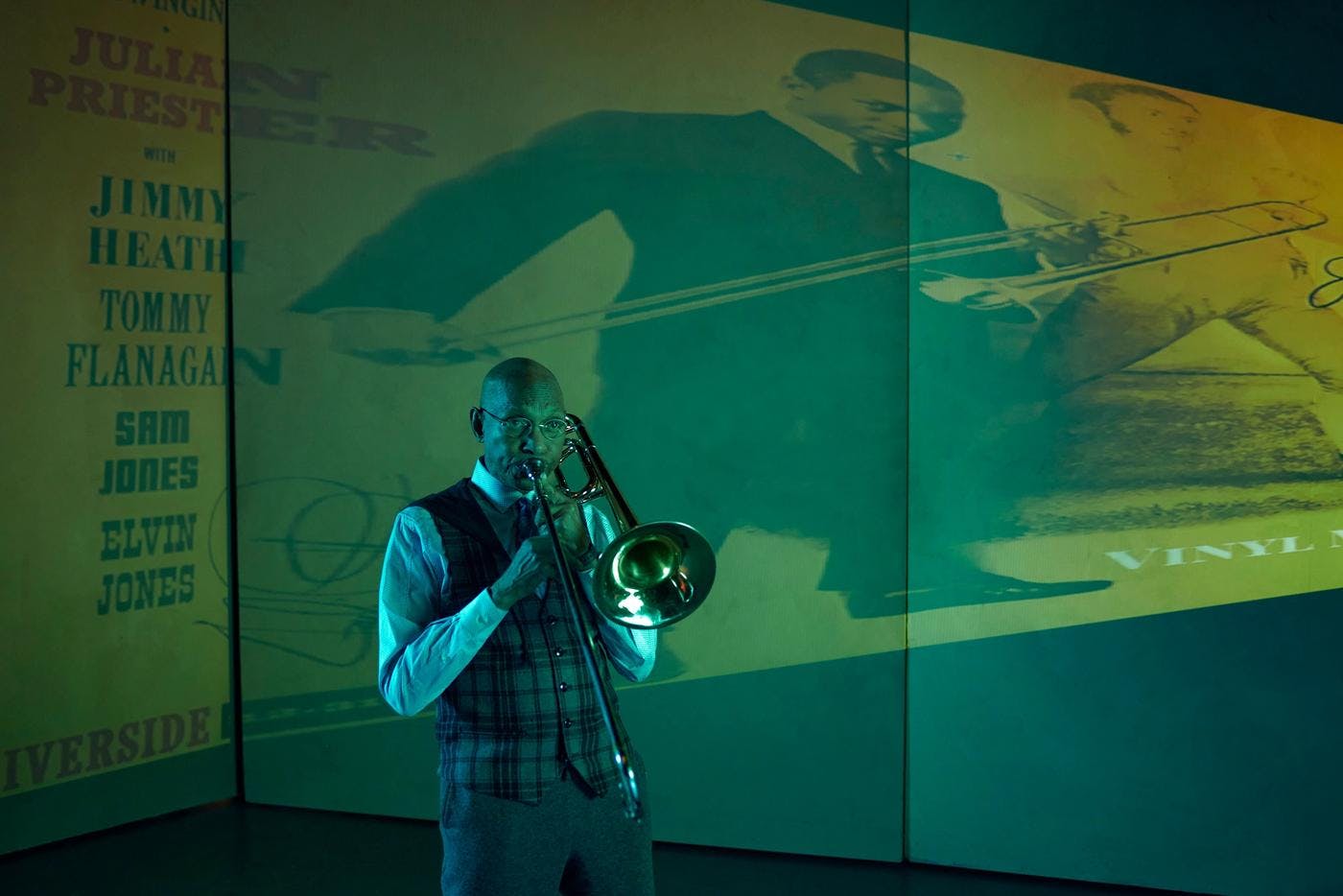
Julian Priester
A fount of knowledge for the jazz community, the trombonist and living legend is shaping the next generation of Seattle musicians.
A poet at heart, this soul singer/songwriter is inspiring the next generation of Seattle musicians.
by Nimra Ahmad / June 9, 2023
If you want a peek into Tiffany Wilson’s natural state of being, just watch her perform.
She snaps her fingers and sways with the music, vibing with the crowd, captivated by the instrumentals as if she herself is an audience member. The real star of the show, however, is her voice: smooth and heartfelt, with an unvarnished authenticity rarely heard in overproduced mainstream music. It’s a sound honed by years of experience, and born from her unshakeable will and a refusal to be dulled by an industry built on trends and conformity.
Born in 1977, Wilson fell in love with singing early. At age 5 she moved with her family to Seattle from Memphis, where she returned every year for summer vacation throughout her childhood. Whether singing in her traditional gospel church choir or listening to Queen on her Tennessee grandmother’s radio, Wilson’s youth was filled with music.
It wasn’t until she was 19, Wilson says, when the now-defunct Seattle label Hendrix Records put out a call for singers to form a new gospel group, that she had any idea how she might make music a career. Out of some 300 singers auditioning, Wilson recalls, she was one of 13 chosen to join the group.
“I’m sitting there looking at everyone else in awe, and I just wouldn’t have imagined that I would have been selected,” she says.
Wilson joined that group, SOUL, as a singer. But the experience introduced her to the beauty of songwriting, which drew on her love of poetry and blossomed into a lifelong passion.
But she also learned firsthand about the cutthroat nature of the music business — Wilson was kicked out of SOUL after writing a few R&B tracks for another emerging group. “[Producers] are there to capitalize on your craft,” Wilson says. “From the beginning, protect yourself. You have to know the business of music.”
With SOUL behind her, Wilson moved to Los Angeles in 2003, when she was 26 years old, to pursue a solo career. Within one year she had three publishing offers from major labels and eventually signed with Chrysalis Records, which represented artists such as Blondie.
That opportunity didn’t pan out the way she hoped. Though she’d made it clear she wanted to write songs for artists she admired, such as Faith Evans and Tweet, Chrysalis execs instead had her writing songs for Disney stars.
“It’s not what I wanted to do. And it really became ‘Can you dumb it down?’” Wilson says. “I had people saying, ‘Just give them what they want,’ but it was my belief that once I did that, it’s very hard to switch midstream.”
Wilson was not willing to compromise her values, whether it was her artistic integrity or crucial time with her family. In 2007, Wilson’s sister back in Seattle was about to have her third child, so Wilson moved home, and continued to write for Chrysalis until her contract ended in 2008.
She’s been an independent artist ever since, and although that means every expense, from recording music to producing shows, comes out of her own pocket, it also means she answers to no one but herself. She works when she’s inspired, and with the artists and ideas that inspire her.
In 2009, Wilson self-released her debut album Music Therapy. It reflects Wilson’s favorite musical genres — from gospel to soul to R&B — and follows themes of romance and relationships.
In her 2016 album, #SEESHARP, on local label We Coast Records, Wilson shifted themes, focusing less on personal relationships and more on the state of the world, including the 2012 murder of Trayvon Martin. Her song “American Dreams” is a prime example:
Why the need for war?
Why the urge to kill?
Somebody’s wanting more
So they choose to spill the blood, the blood, the blood
Of the ones we love
The production — big and full of brass — feels like a modern funk album that could easily be embraced by the pop world.
“I never had really done funk music — it wasn’t my thing,” Wilson says. “What you heard on Music Therapy was more my avenue, so this was something that was very new to me. I wasn’t used to hearing my voice in this way.”
She returns to soul vocals and lighter production in her 2020 and 2021 singles “Hollywood” and “Peace.” The music she’s currently working on is a combination of soul and funk and she’s continuing to focus on social issues. Right now, she’s collaborating with XP Productions to perform and host open mics at Cafe Racer every Thursday — the series is called Seraphim.
Wilson admits being a musician in Seattle has its challenges in terms of making a living from her art — performance opportunities are limited and most labels don’t have the international reach of those based in New York or Los Angeles.
But what Seattle does have, in addition to Wilson’s family, is an inspirational, established artistic community and a thriving community of young musicians that she mentors. Plus, it was never about fame for her — it’s always been about the music.
“I just hope to be remembered [as someone who] worked hard and loved what I did,” Wilson says. “I’d be grateful for anything like that.”
Emerging Journalist Fellow

A fount of knowledge for the jazz community, the trombonist and living legend is shaping the next generation of Seattle musicians.
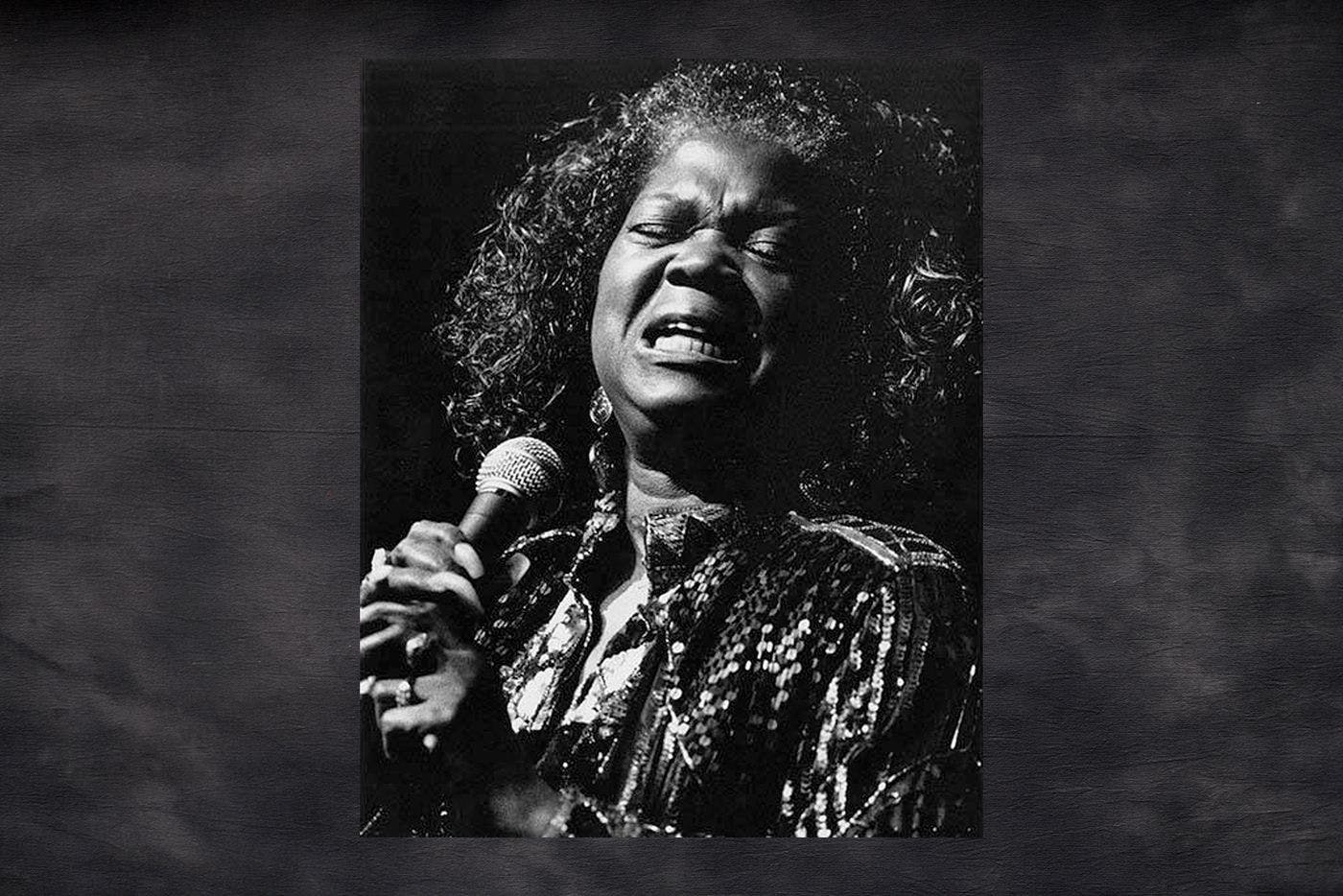
With a voice like ‘honey at dusk,’ the singer helped put Seattle’s early jazz and blues scene on the map.
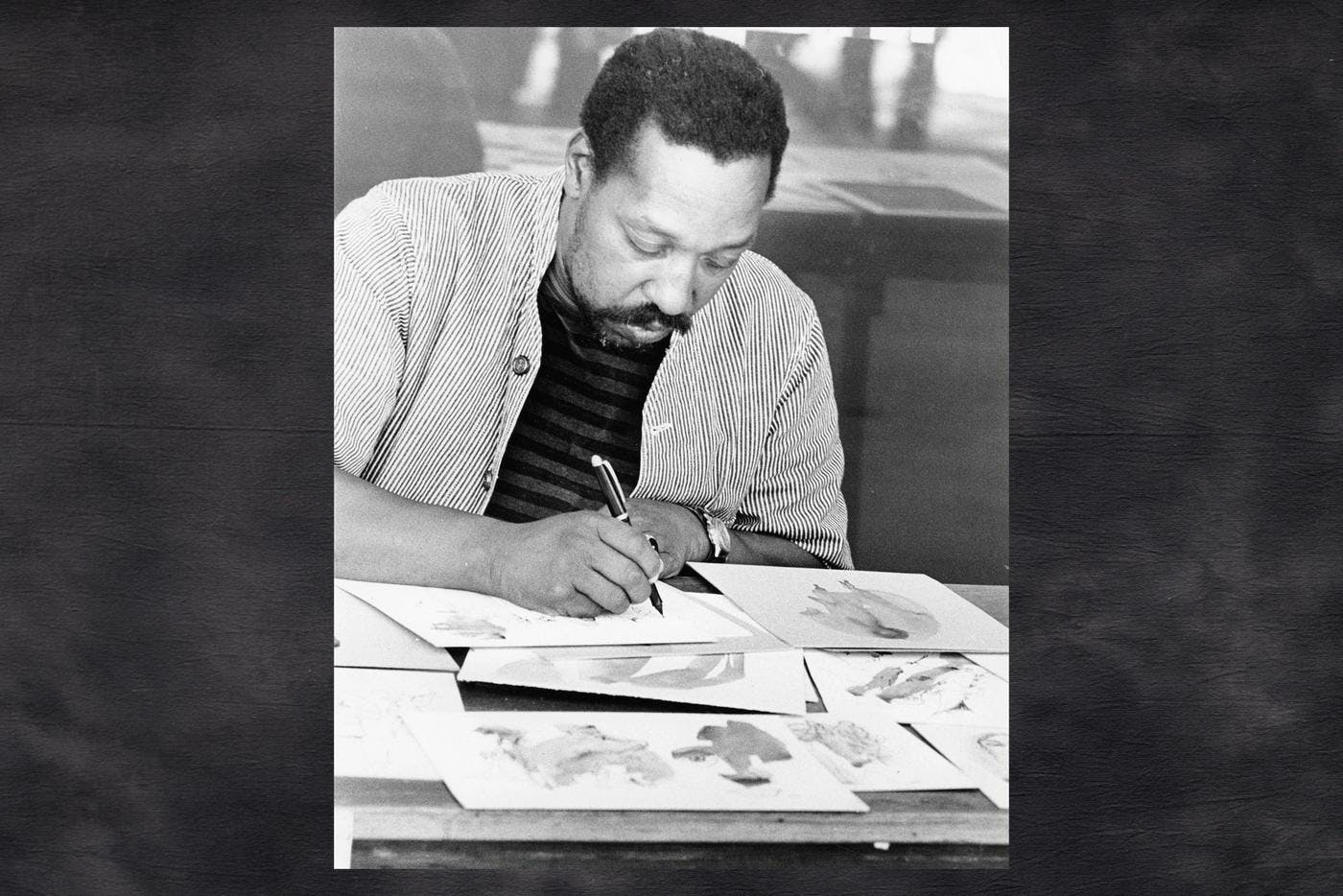
The first Black art instructor in Washington was an experimental artist ahead of his time.

For three decades, this Seattle DJ electrified the airwaves, paving the way for future Black radio personalities.
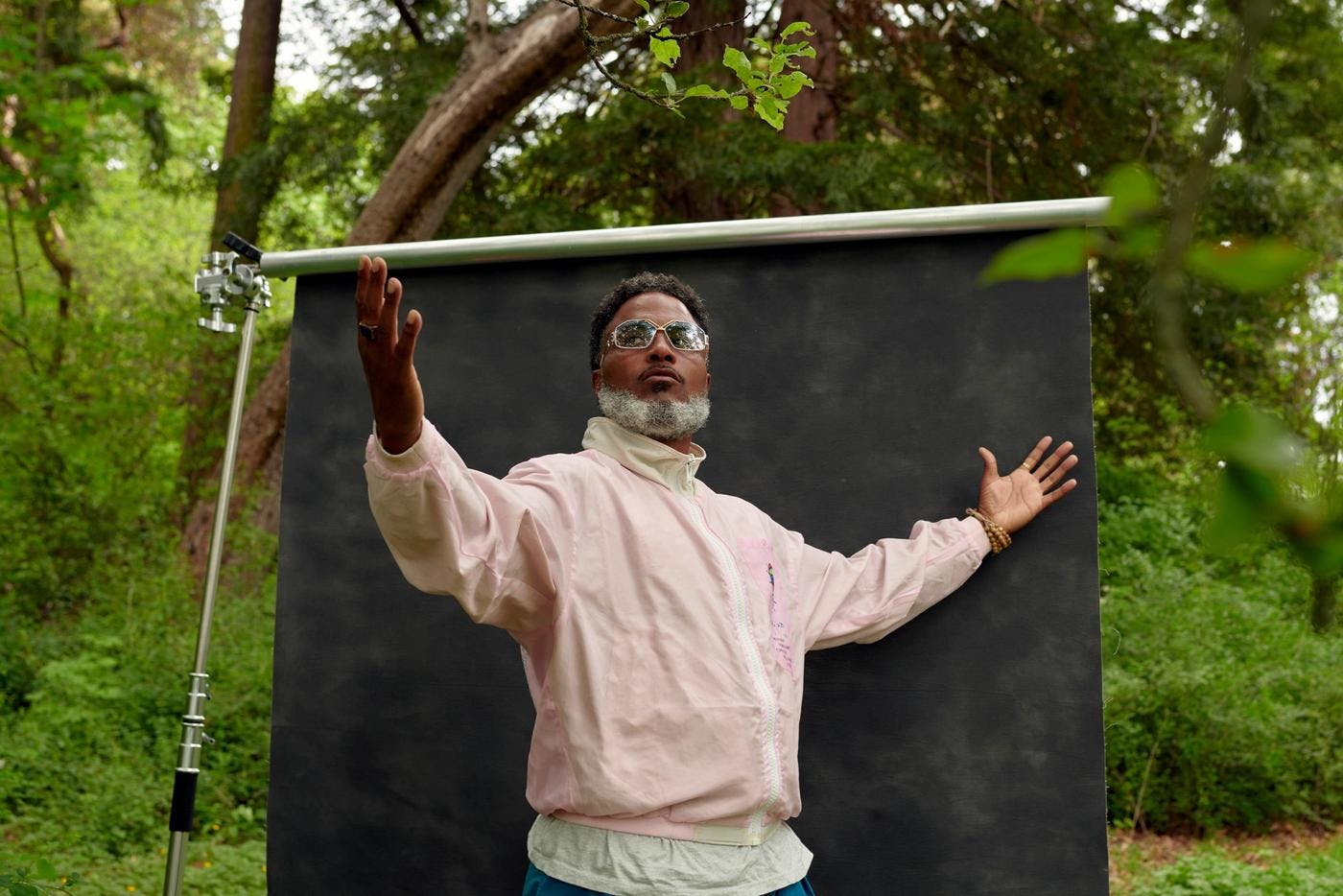
As a founder of Digable Planets and Shabazz Palaces, the Seattle rapper has pushed hip-hop to the outer limits.
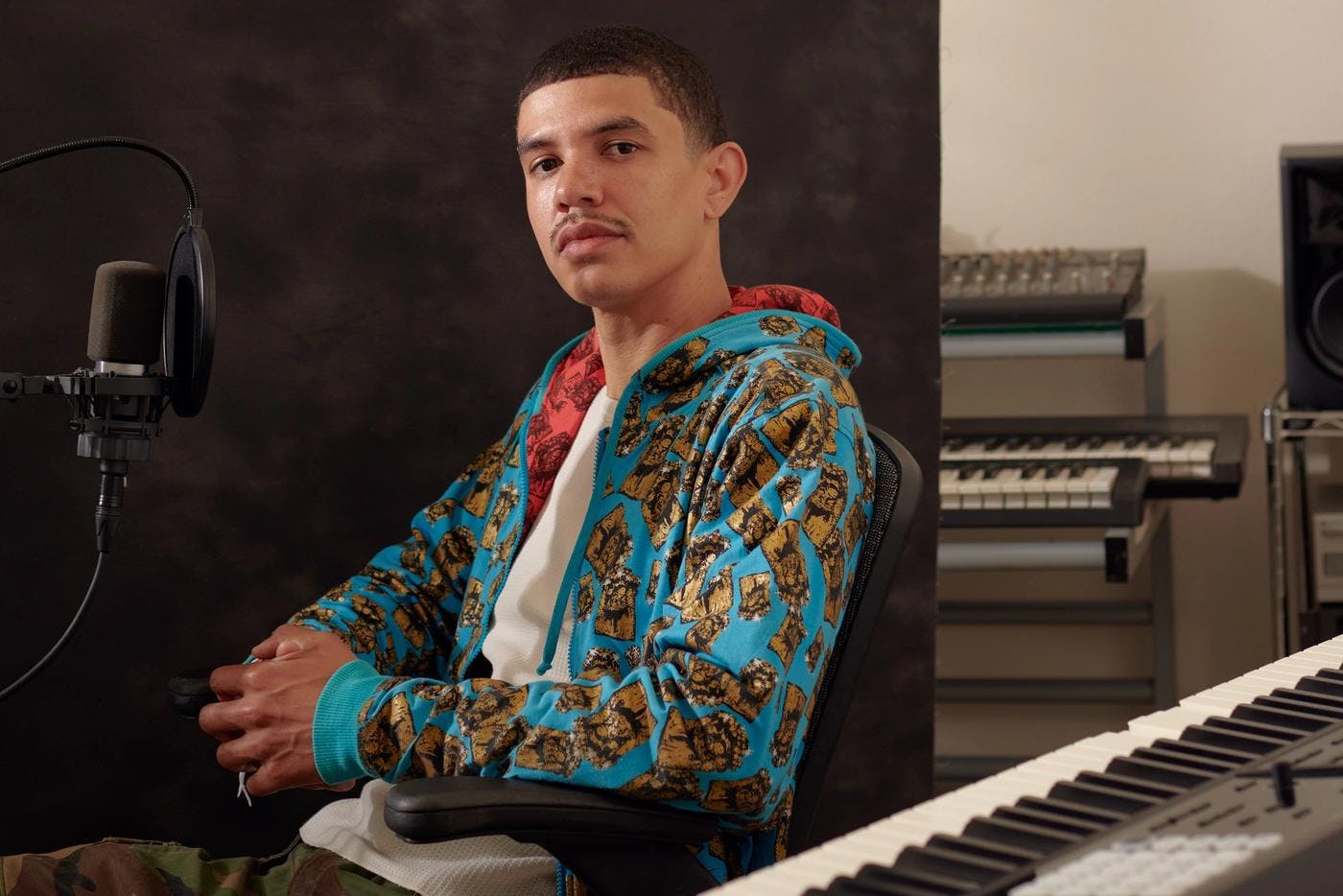
The Seattle rapper keeps his memories of the Central District alive with vivid lyrics and a jazz sensibility.
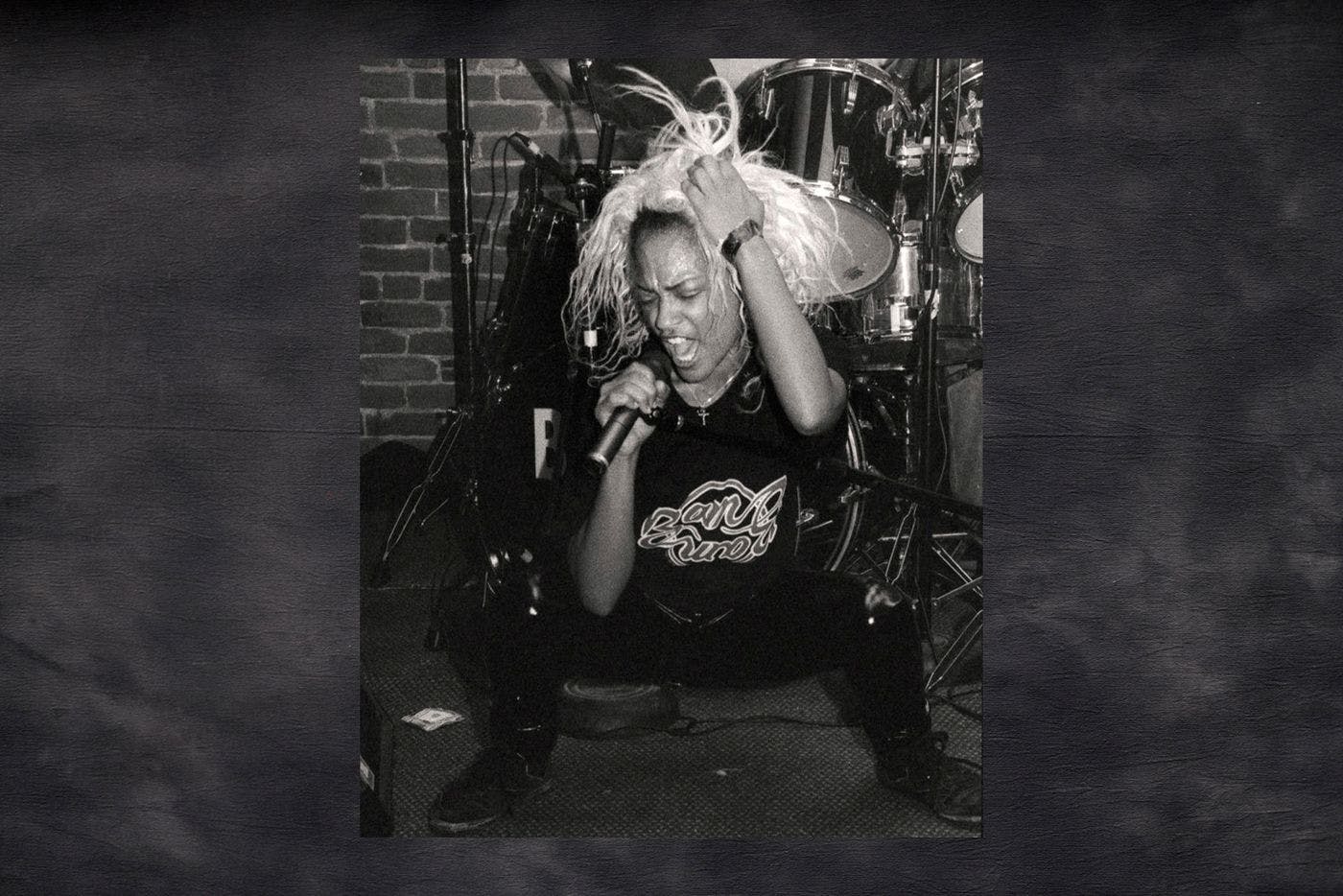
A pivotal figure in Seattle’s proto-grunge scene, the Bam Bam singer has been long-overlooked. Now, rock history is being rewritten.
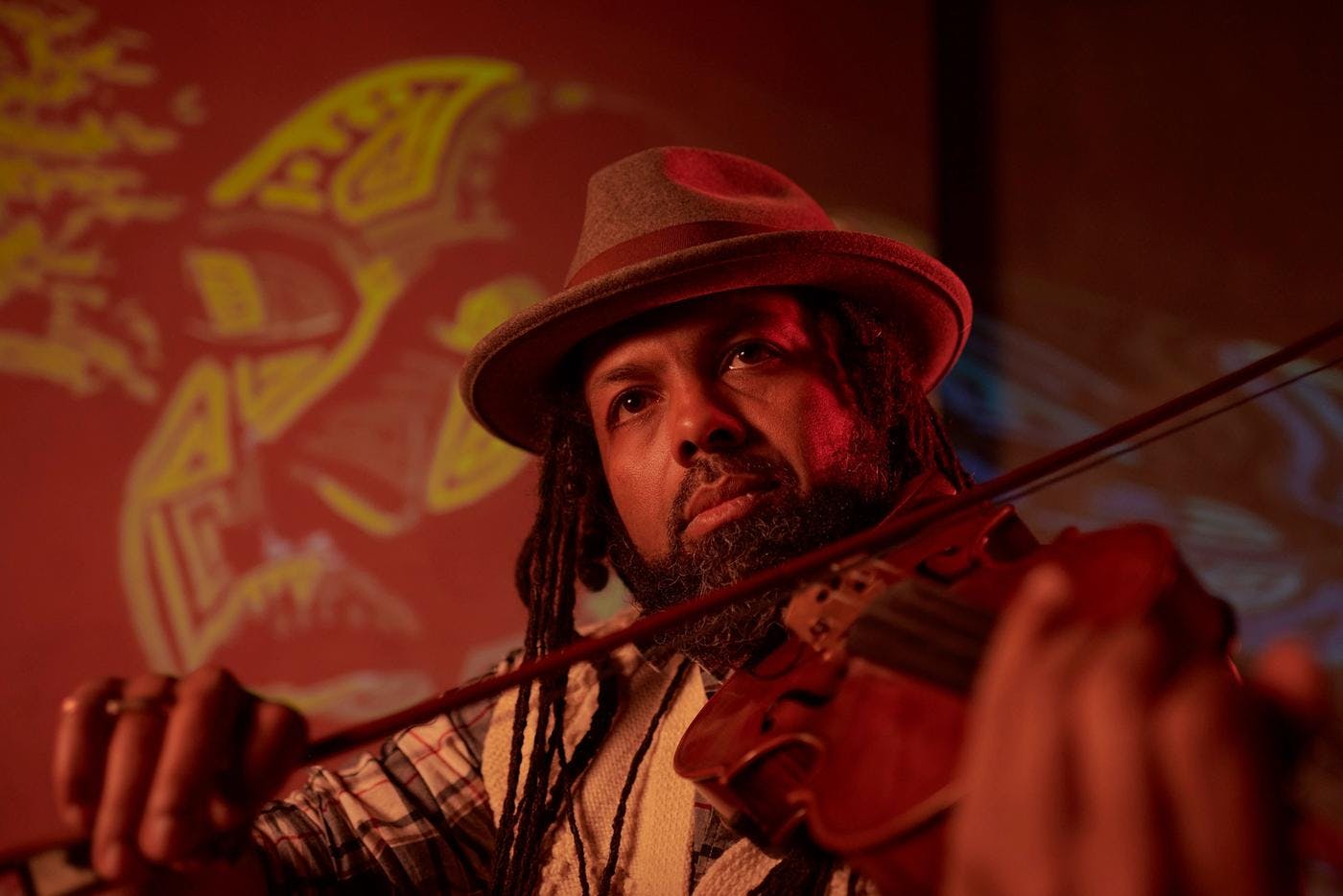
The talented multi-instrumentalist uses music to string communities together.
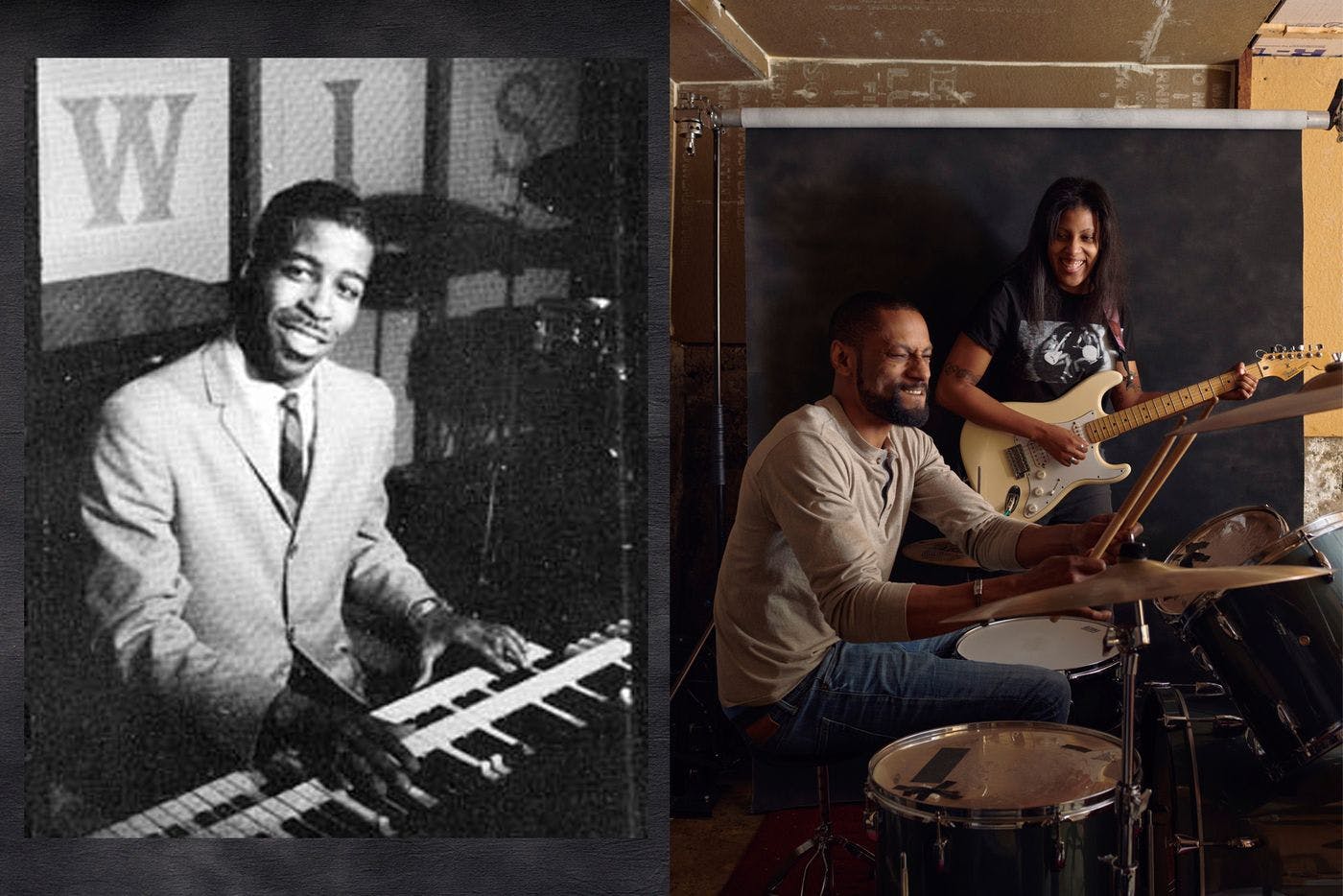
Meet a Seattle music pioneer and the band carrying the legacy of Northwest rock forward.

This beloved Seattle DJ found his divine calling in music — and in sharing it with others.

Composing meditative music with a looping pedal, this Seattle cellist has charted her own sonic path.
Thanks to our Sponsors
Your support helps Crosscut create projects like Black Arts Legacies. Learn how you can help with a one-time donation or recurring membership.
Support Crosscut